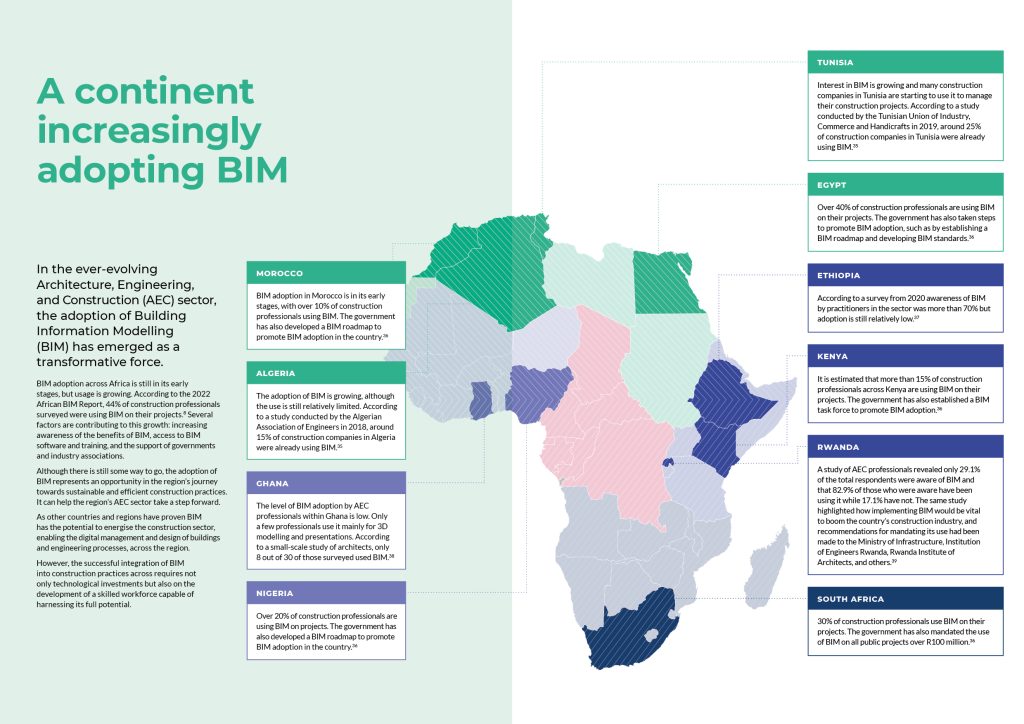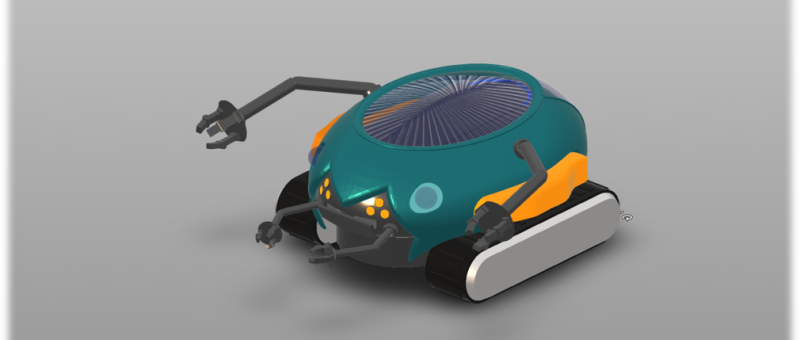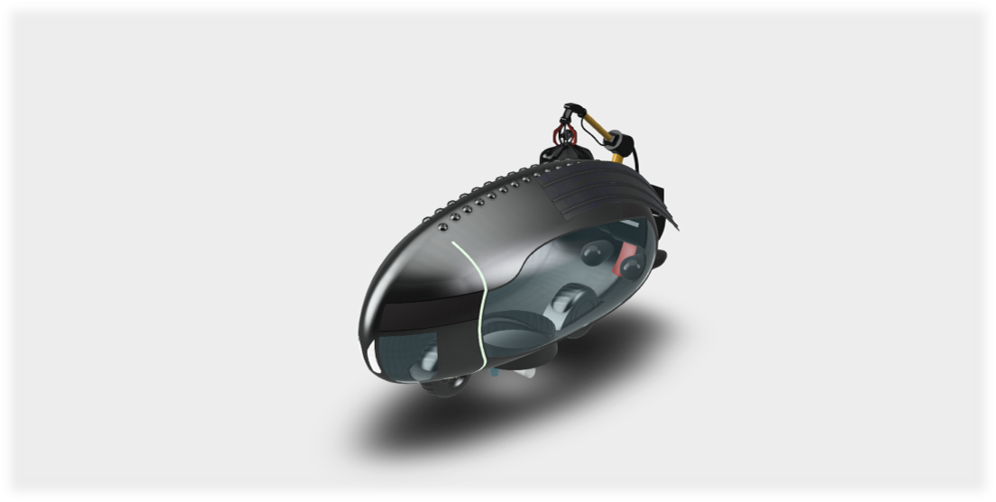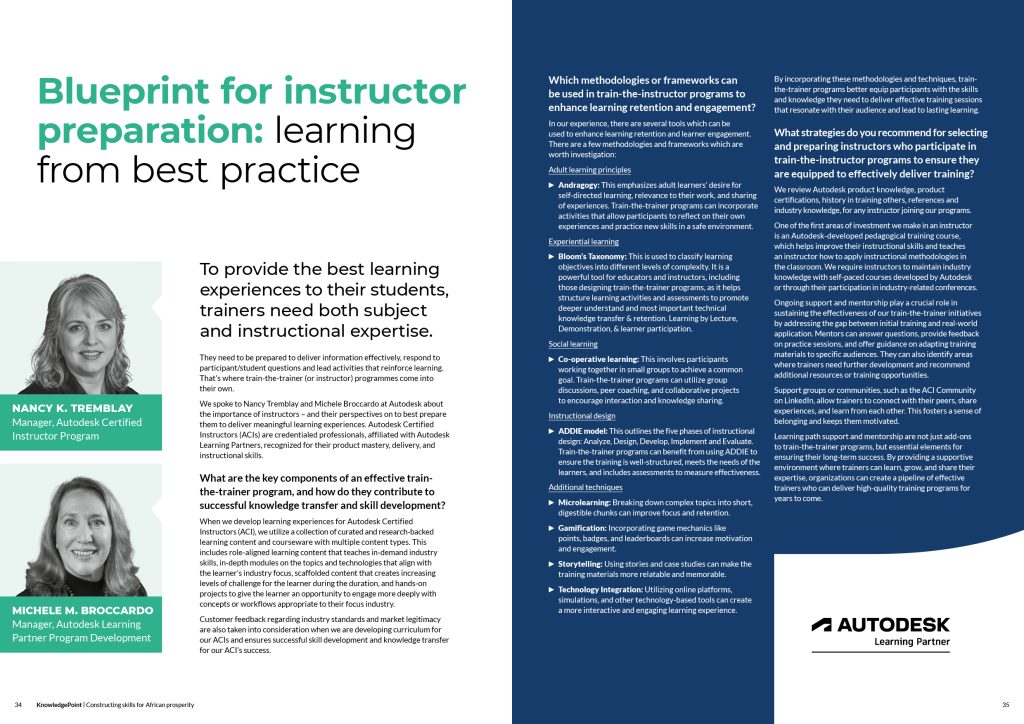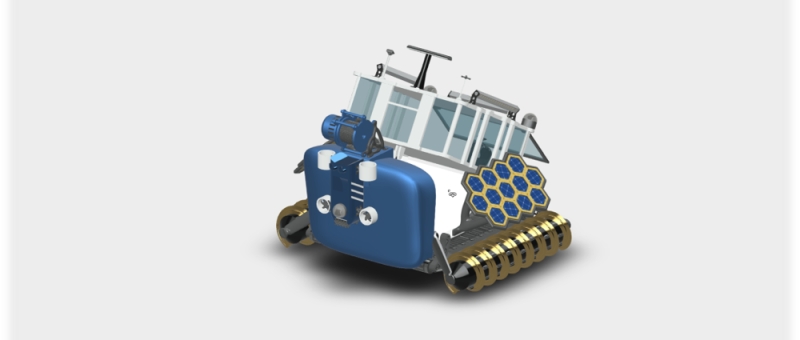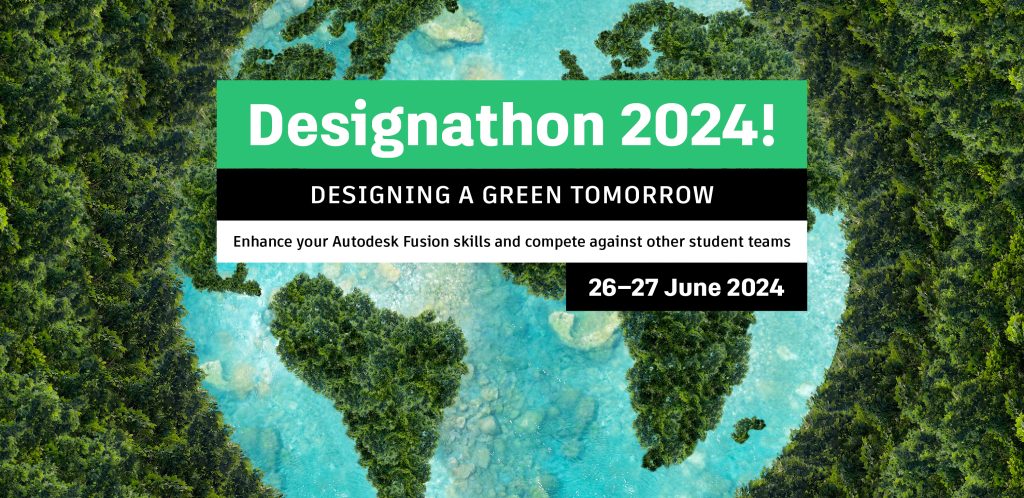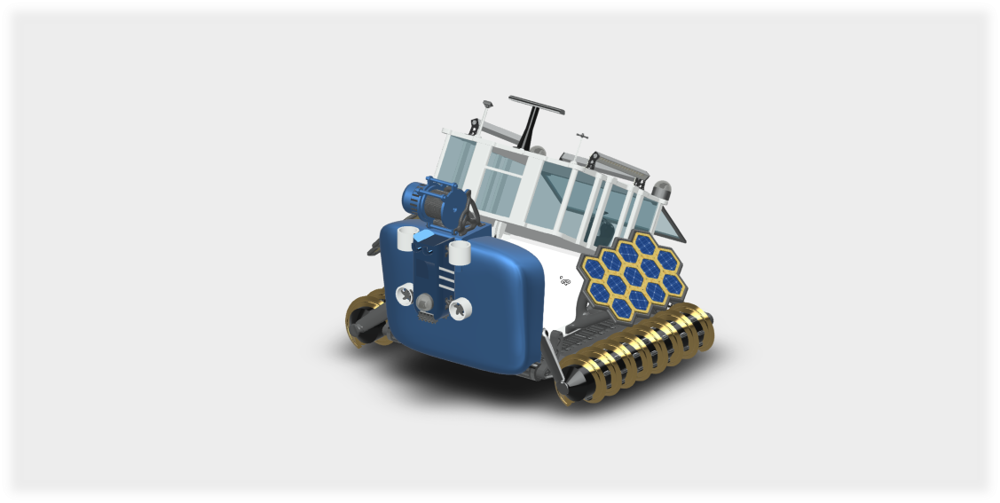The world has been reshaped by four industrial revolutions, each marking a turning point in how we live, work, and make.
McKinsey sums up the four neatly: “Steam propelled the original Industrial Revolution; electricity powered the second; preliminary automation and machinery engineered the third; and cyberphysical systems—or intelligent computers—are shaping the Fourth Industrial Revolution.”
From the propulsion of steam in the 18th century to the intelligent systems of today, technology has been a constant driver of change in the manufacturing sector. All of this change has an impact on people – on their jobs, on their skills, on their workplaces and on their lives.
Each time a new industrial era takes hold, we also need to embrace different skills. Skills which will allow us to make the most of the latest technologies, enable us to respond and react to the latest advances, and ensure that we don’t get left behind.
In our latest report, Making for Tomorrow: Skilling Across the Ages, we look at the impact of the Fourth Industrial Revolution on the manufacturing sector across the Middle East and Africa. We explore how skilling strategies must evolve across four key ages of learning—school, university, work, and as business leaders—to prepare for a future shaped by advanced technologies.
Intertwined industrial and skilling revolutions
The story of manufacturing is one of transformation. The First Industrial Revolution harnessed steam power to revolutionise production, replacing manual labour with mechanised systems. This era laid the groundwork for modern industry, introducing the demand for engineering and mechanical skills that would shape the workforce of the future.
Today, the Fourth Industrial Revolution is redefining manufacturing once again. The integration of physical, digital, and biological systems has given rise to smart factories, where advancements in AI, IoT, robotics, and additive manufacturing are reshaping global supply chains. The future is being built on continuous learning and adaptability, as workers must master new tools and techniques to stay ahead.
Four ages of learning
The skills and learning story starts before the workplace. The skills the workforce needs have their foundations in school, are shaped in university or on apprenticeships, before being honed and updated in the workplace. As such, the technological and socioeconomic developments associated with the Fourth Industrial Revolution have significant impact on educational and skilling policies.
1. School age
The journey toward a skilled workforce begins in the classroom. Early exposure to STEM subjects, paired with creativity fostered through STEAM, equips students with the ability to think critically, solve problems, and engage with digital tools. However, not all children have equal access to quality education. Addressing disparities, particularly in rural and underserved areas across the region, is vital to ensuring that every child has the opportunity to thrive in the modern economy.
2. University age
As students progress to higher education, the focus shifts to bridging the gap between foundational learning and industry-specific expertise. Universities and technical colleges play a pivotal role in aligning curricula with market demands, preparing students for careers in design and make industries. These institutions are also critical in nurturing innovation and entrepreneurship, empowering graduates to lead in an increasingly competitive global marketplace.
3. Working age
For the workforce, staying relevant in the age of 4IR means embracing lifelong learning. The rapid pace of technological change requires continuous reskilling and upskilling to master tools like digital twins, advanced analytics, and automated systems. Employers must invest in accessible training programmes which enable workers to remain competitive and adaptable as the manufacturing sector evolves.
4. Business age
Current and aspiring business leaders need the skills to navigate the complexities of Industry 4.0. Decision-makers must adopt advanced technologies such as AI, IoT, and automation while fostering a culture of continuous improvement within their organisations. The ability to align workforce development strategies with business goals is critical for driving productivity, competitiveness, and long-term growth. Effective leadership also involves bridging gaps between education and industry to ensure that talent pipelines remain robust and relevant.
Repeating themes
In an increasingly digital world, the ability to understand and apply digital tools is fundamental. Whether it’s learning basic coding in school or analysing data in the workplace, digital literacy equips individuals with the skills to engage with and adapt to technological advancements. It’s the bedrock of a future-ready workforce.
Technology evolves at a rapid pace, and staying relevant requires a mindset of continuous learning. Lifelong learning fosters adaptability, enabling people to navigate change and seize opportunities in an ever-shifting landscape. This commitment to education and learning must be supported by institutions, employers, and policymakers alike.
It is fair to say none of this can be achieved in isolation. Collaboration between educators, industry leaders, and policymakers is the cornerstone of success. By working together to align curricula with market needs, create talent pipelines, and scale training programmes, stakeholders can build a cohesive strategy that benefits individuals and economies alike.
From Insight to Action
As we look ahead, the question is not just how we prepare for 4IR but how we ensure that education, industry, and policymakers work together to unlock human potential and drive growth across the region. The answer isn’t simple – it requires collaboration, commitment and investment.
Structural reforms and targeted policies are needed to make skills accessible and relevant, from foundational digital literacy in schools to advanced digital capabilities in the workplace. Not only does digital investment need to be incentivised, curricula need to be aligned with industry demands.
Only then can the region fully capitalise on the Fourth Industrial Revolution, positioning its manufacturing sector as a global leader prepared for the future.
Download the report here to explore real-world case studies and for how you can contribute to shaping the future of manufacturing in MEA.
Tomas Karlsson is the Sr. Manager of Channel Services at KnowledgePoint. This means he oversees the management of outsourced extended enterprise learning programmes, recruiting and supporting global network of training providers on behalf of organisations, including Autodesk.




